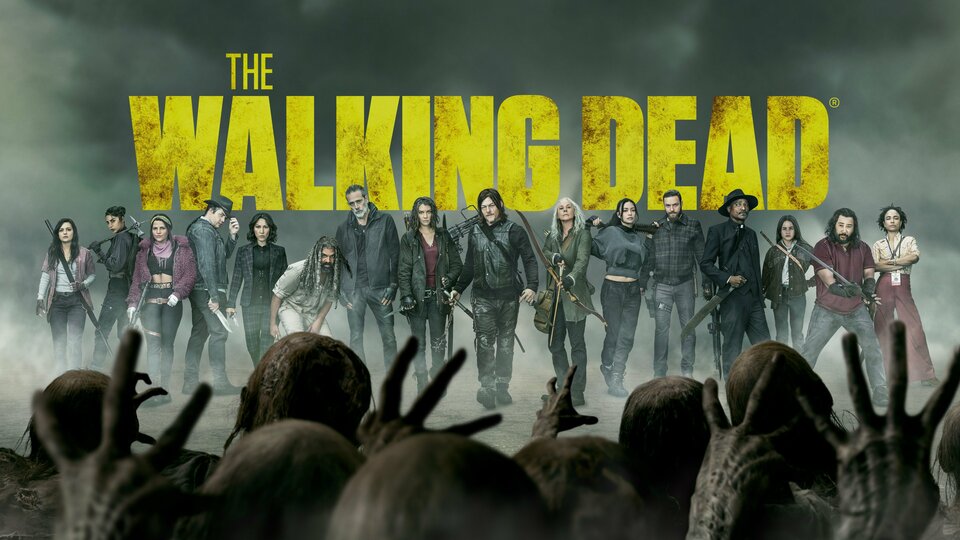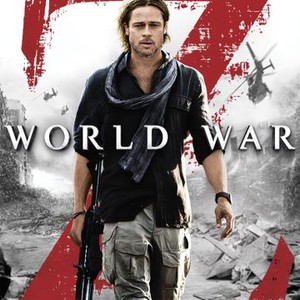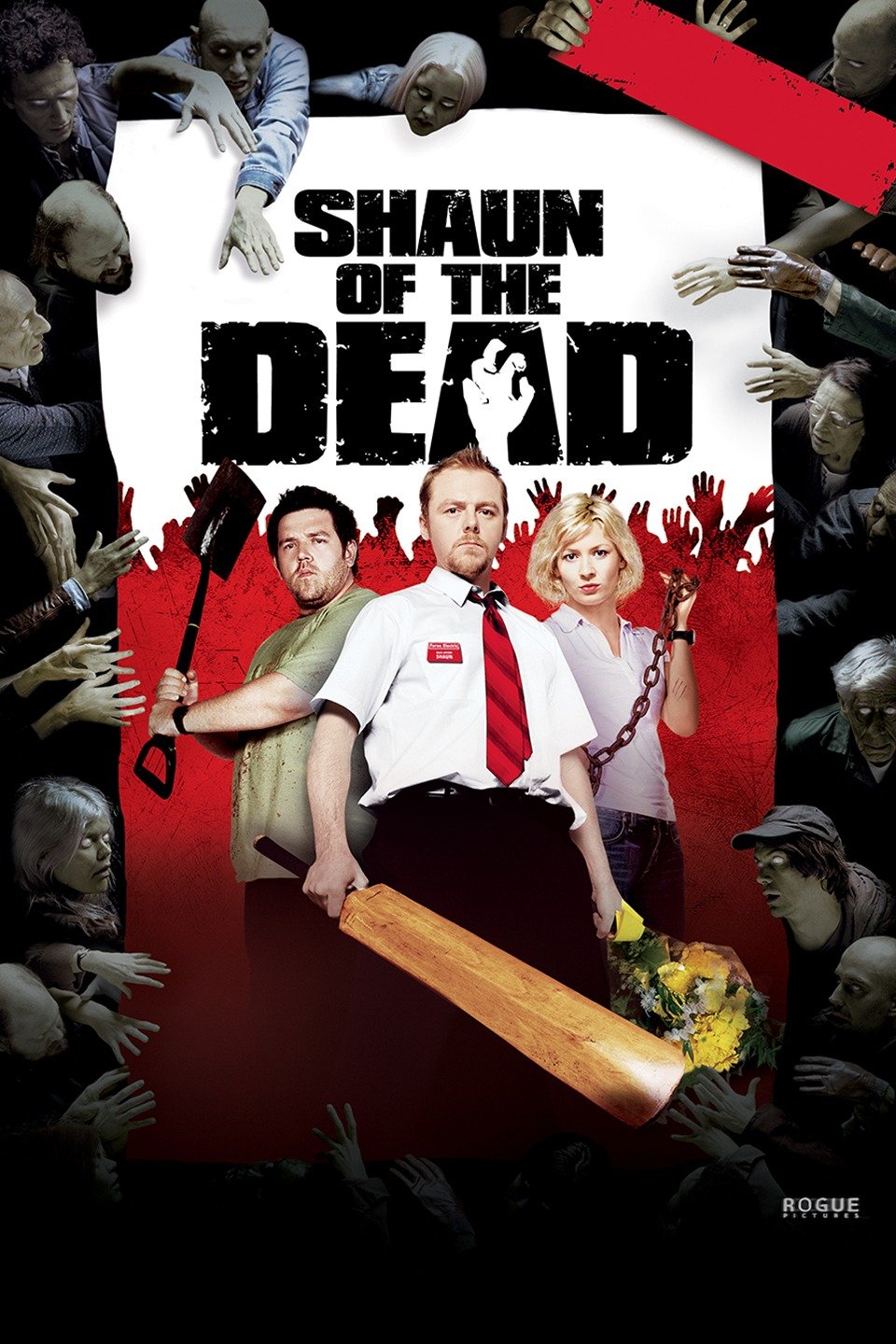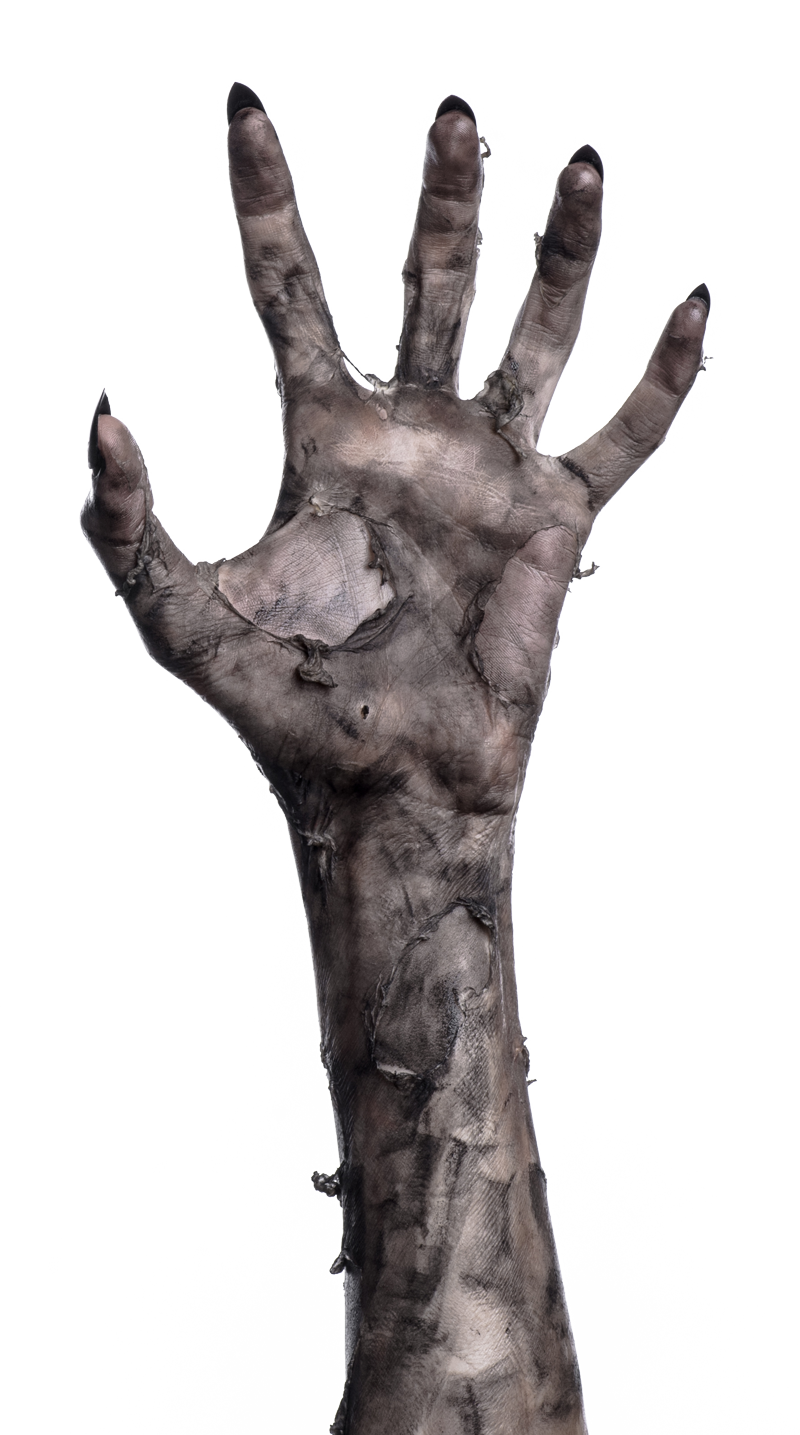I used to be deathly afraid of zombies.
In elementary school, I read a zombie graphic novel that was meant for 4th graders and up. During LRC time, as the mischievous 3rd graders we were, we plucked the book from the shelf and read it huddled in a corner of the library.
Quite honestly, it had me traumatized
The pictures of the zombies had become engrained in my young head. I struggled to fall asleep for a week. I kept my head under the hot covers, refusing to come up for air out of fear that there would be one of them looking at me through my window.
I wouldn’t even let my mom say the word “zombie”. It was like a curse. “He who must not be named.” I told her to call them unicorns. I made my mom tear out the pictures of the zombie costumes in the Party City Halloween magazines. I was horrified by them.
Despite this, if you were to ask me today what movie I wanted to put on, there’s a pretty high chance that I would respond with a zombie movie. I’m not sure what flipped the switch in my mind from absolute horror to entertainment, but over the summer of freshman year, I became a frequent binge-watcher of zombie movies.
I admit lots of zombie movies can be redundant: our main character wakes up from a coma in a hospital in desolate ruins. Blood is spattered on the walls and there is nobody to be found. Then, the main character makes noise too loud, interacts with a hunched-over figure, or opens a door that should have remained closed. Suddenly there are 4-5 infected cannibals running after him.
Bam. I just described the beginnings of The Walking Dead and 28 Days Later.


If it isn’t along those lines, it’s a man living everyday life with his family when suddenly the news flashes, or he sees something strange in the streets. He has a few close calls with desperate people or the zombies themselves before he finally settles in an area he deems safe enough for himself and those he loves.
I just described Train to Busan, World War Z, and Shawn of the Dead.



Despite the redundancy and predictability of zombie movies, I find myself captivated by the screen every time.
Zombie and apocalypse movies boil down to the ways humanity and morality intersect in the event of the destruction of society. Our ideas regarding this occurrence tend to spin around in circles.
For example, zombie movies commonly have the conflict of sacrificing someone for the sake of those around them. The protagonist’s group is faced with a dilemma: a horde of zombies is right on their trail, and somebody is limping, slowing the whole group down. If they continue on like this, the zombies will catch up and all of them will die. So the limper is cast aside. The zombies spend time eating away at the limper and the rest of the group gets away safely. This trope reflects the well-known moral dilemma of whether you should sacrifice the few to save the whole. The ways people react in a zombie movie is often the same. They choose to sacrifice.
Furthermore, zombie movies commonly have a bitten individual hiding the fact that they are infected. Out of fear for their own lives, they put the lives of their entire group in danger. The viewer becomes completely frustrated. How could someone be so selfish? In 2020, we began to see why. This trope manifested itself in reality as the pandemic rolled over us. People not wanting to change plans refused to tell others if they were sick, putting the health of others in danger. This shows human nature’s tendency for self-preservation as shown.
Lastly, there’s the unstable one who believes that they are the “chosen one” to end it all and purge the remnants of humanity. These are the individuals who sabotage and betray the protagonist. This character reflects those who crumble when faced with tragedy. Unable to cope with the loss of control, these people find control by believing that they are the ones in charge of the lives of others. They mask their fear with destruction. As long as they believe that they have a purpose and make some kind of impact, they are doing the right thing, right?
I used to be deathly afraid of zombies, but it’s the people that are the ones that get scary in the face of tragedy. I can’t help but become entranced by zombie content. Despite my prior phobia of zombie content, the theorization of humanity’s reaction to the worst possible scenario is now among my favorite subgenres of media to consume.

Elyse — Your blog post was really interesting! I was also terrified of zombies as a child, but, unlike you, I’m not sure if I’ve ever quite gotten over that fear. Trailers featuring rotting flesh and apocalyptic landscapes still make me flinch; I’m not sure if the gore or the undead aspect unnerves me more.
I think you make a really good point about why we seem to return to the idea of zombies in media again and again; the recurring themes of sacrifice and self-preservation seem to be ones we find ourselves captivated by. I enjoyed your dissection of the archetypes that often appear, especially the connection you drew to the pandemic. I also think that zombies might fascinate us so much because they’re sort of in that uncanny valley type space, where they were once human but have since lost that humanity — at least, that’s something that I’ve always found scary.
Maybe, inspired by this post, I’ll tackle watching a zombie movie this Halloween?
Hi Elyse! For starters, I love the title of your piece. The parenthesis and the comedy you weave into the title alone really adds to the tone of your piece and creates a great hook for the reader. Also, I love this topic. As you might know, I love horror movies, and the stereotypical zombie movie – slash – series opening is one of my favorite things. I like how you begin with your fear of zombies and the lengths you would take to completely and totally avoid them, and how you would later have that ‘flipped switch’ and learned to love them. Also, it feels really relatable to my own experiences – when I was little, I watched an episode of that one Scooby Doo series from the mid 2010’s that focused on zombies and it scared me so bad it gave me on and off nightmares for about a year. Along with your writing, I love how you include images of all of the movies and series you talk about in your blog post. Most of these I haven’t seen, but I know of (or I’ve simply watched the kill ounts of the movies) like Shawn of the Dead, Train to Busan — I actually really want to watch TtB — and The Walking Dead. All in all, I love the approach you took and how you talked about your own fears and melted that into the generic tropes found in popular zombie media. Thank you Elyse!
Elyse, I found your post incredibly unique and interesting. Almost every child possesses an unrealistic fear of monsters and mythical creatures. They only begin to grow out of those fears once they learn to rationalize their fears. I believe your post reflected this concept quite well. In your childhood, you were afraid of zombies, but as you grew up, you began to look deeper into your fear and rationalize it. Upon doing so, you recognized that you were not afraid of the zombies, but humanity’s reaction to them. Through understanding the typical format which zombie movies follow, you gained a sense of predictability towards the very thing you were afraid of. Your post is a perfect example of how individuals are afraid of the things which they cannot understand. In general, people avoid the things they are afraid of, regardless of whether those fears are rational or not. They believe that by simply avoiding the things that make them uncomfortable, they will be happier as a result of it. Your post was a perfect example of how this is not the truth. It is only when people face their fears and truly introspect as to why they have the fears that they do, that they are able to have a deeper understanding of themselves, whilst also facing their fears.